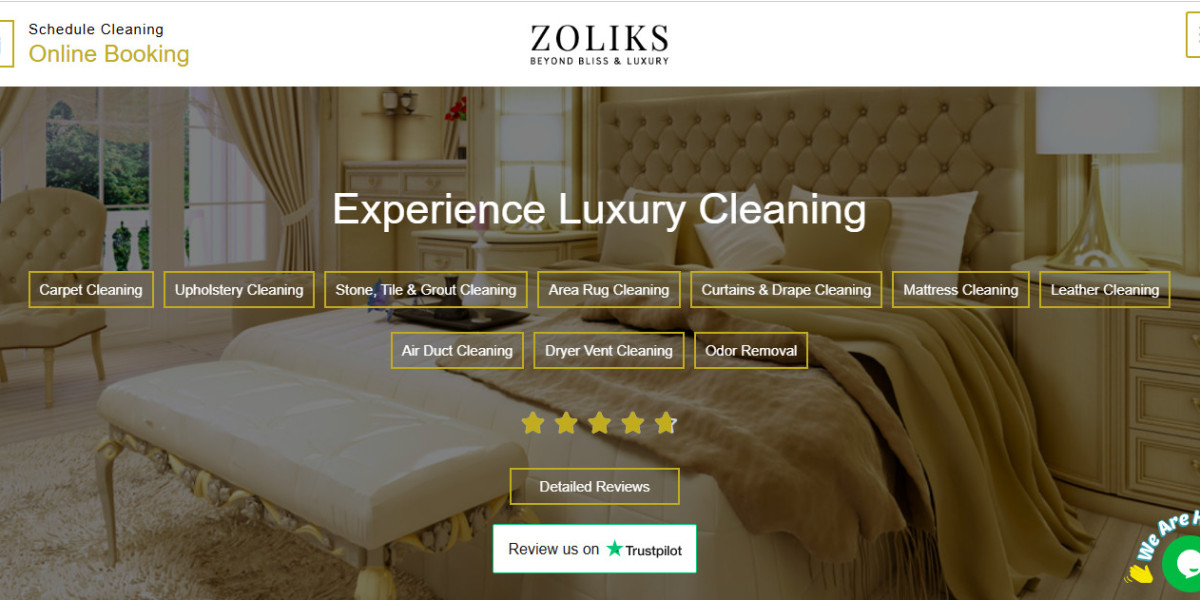Why Carpet Cleaning Matters
Carpet cleaning are like filters that trap dust, dirt, allergens, and bacteria. Over time, these pollutants build up and can affect indoor air quality, potentially triggering allergies and respiratory issues. Regular carpet cleaning not only improves the appearance of your carpet but also prolongs its life and contributes to a healthier living environment.
Health Benefits
A professionally cleaned carpet can reduce allergens such as dust mites and pet dander. Mold spores, bacteria, and other contaminants that thrive in unclean carpets can be eliminated with regular deep cleaning, improving overall air quality and reducing the risk of illness.
Aesthetic and Longevity
Routine carpet cleaning preserves your carpet's appearance, keeping colors vibrant and textures soft. Dirt and debris can wear down carpet fibers, making them look dull and worn. Proper maintenance can extend the lifespan of your carpet significantly, saving you money in the long run.
Common Carpet Cleaning Methods
There are several effective carpet cleaning methods, each with its own benefits depending on your carpet type and the extent of cleaning required.
1. Steam Cleaning (Hot Water Extraction)
One of the most popular and effective methods, steam cleaning uses hot water mixed with cleaning agents to penetrate deep into carpet fibers. The solution is then extracted along with loosened dirt and contaminants.
Pros:
Deep clean
Eliminates bacteria and allergens
Cons:Longer drying time
2. Dry Carpet Cleaning
This low-moisture method involves the use of a specialized cleaning powder applied to the carpet and worked in with a machine. The powder absorbs dirt and is vacuumed out.
Pros:
Fast drying
Ideal for delicate carpets
Cons:May not clean as deeply as steam
3. Shampooing
An older but still-used method, carpet shampooing uses foaming agents that are scrubbed into the carpet and then vacuumed. It’s good for surface-level cleaning but may leave behind residue.
Pros:
Affordable
Effective for light stains
Cons:Can leave behind soap residue
Longer drying time
How Often Should You Clean Your Carpet?
The frequency of carpet cleaning depends on several factors, including foot traffic, pets, and whether anyone in the household has allergies.
Light traffic areas: Every 12–18 months
High traffic areas: Every 6–12 months
Homes with pets or allergies: Every 3–6 months
Regular vacuuming (at least once a week) also helps maintain your carpet between deep cleans.
DIY vs. Professional Carpet Cleaning
While DIY carpet cleaning machines are available for rent or purchase, professional services often provide better results due to industrial-grade equipment and expertise.
DIY Carpet Cleaning
DIY methods can be cost-effective for smaller spaces or routine maintenance. However, improper use of machines or cleaning agents can lead to issues like over-wetting or residue buildup.
Professional Carpet Cleaning
Hiring professionals ensures a thorough clean with minimal risk to your carpet. Many services offer eco-friendly solutions and can handle tough stains and odors that DIY methods struggle with.
Tips for Maintaining a Clean Carpet
Keeping your carpet clean between deep cleans can make a big difference in its appearance and lifespan.
Use doormats to reduce dirt from shoes.
Vacuum regularly, focusing on high-traffic areas.
Spot clean spills immediately to prevent staining.
Use furniture coasters to avoid permanent indentations.
Final Thoughts
Carpet cleaning isn’t just about appearances—it plays a critical role in maintaining a healthy and inviting home. Whether you opt for steam cleaning, dry methods, or professional services, the key is consistency. A clean carpet means better air quality, fewer allergens, and a more comfortable space for you and your family.
So, take the time to care for your carpets. They’ll look better, last longer, and create a Zoliks cleaning environment for everyone who walks through your door.








